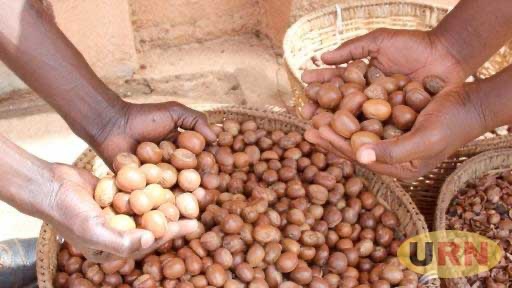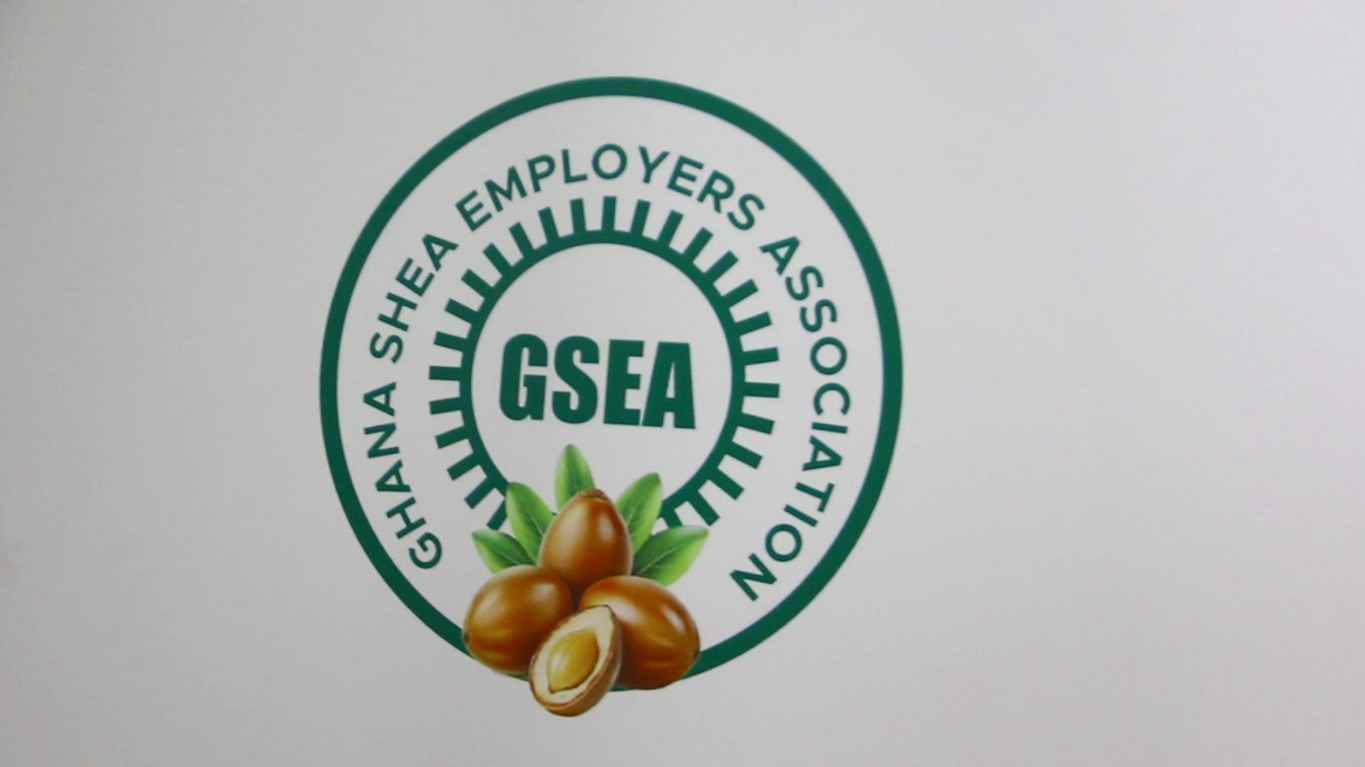The Ghana Shea Employers Association (GSEA) has renewed urgent calls for the immediate ban of raw shea nut exports, warning that the unchecked practice is crippling local processing industries and threatening the economy of the Northern Region.
At a press briefing held in Tamale, the Association highlighted the rising dominance of foreign buyers in rural communities, purchasing large quantities of raw shea nuts and leaving local processors without access to vital raw materials.
Local Processors at Risk of Collapse
According to GSEA’s Communications Officer, Faiza Duut Majeed, the surge in raw nut exports is disrupting Ghana’s domestic supply chain and eroding job opportunities.
“We are pleading with government to stop exportation of the raw nuts meant to feed our local processors. Foreign investors can still participate in the sector, but they must be encouraged to establish processing factories in Ghana,” she urged.

She was joined by GSEA President Rabiatu Abubakar, Board Member Rita Dampson, and various stakeholders from across the shea value chain.
Regional Competitors Have Already Acted
GSEA pointed to successful protective measures adopted by neighboring countries, including Togo, Benin, Burkina Faso, and Nigeria, all of which have banned raw shea nut exports. Ghana, they warned, risks being left behind if similar action is not taken soon.
Price Surges and Unregulated Markets
The influx of foreign demand has triggered drastic price hikes. A bowl (2kg) of shea nuts, which cost GH¢12 in 2023, now sells for up to GH¢60. This spike is largely driven by middlemen and a lack of regulatory oversight.
“This situation is negatively affecting pickers, processors, and local businesses — many of which are women-led,” GSEA stated. “The resulting market distortion is collapsing the local shea economy.”

Environmental and Social Consequences
Beyond economics, the Association warned of growing environmental threats due to over-harvesting and bushfires, destroying shea tree populations and escalating climate risks.
“When raw nuts are exported, we lose up to 300% of the potential value that could be added locally,” GSEA emphasized. “This translates to lost jobs, reduced industrial growth, and forfeited tax revenue.”
They stressed that women — who make up over 90% of the shea nut collection workforce — are stuck at the lowest end of the value chain, perpetuating cycles of poverty.

Key Recommendations by GSEA
- Ban raw shea nut exports immediately to preserve local supply
- Invest in local processing infrastructure through grants, loans, and public-private partnerships
- Empower women with better access to finance, training, and technology
- Enforce harvesting regulations and introduce reforestation efforts to protect shea ecosystems
A National Call to Action
“This is not just an economic decision – it is a moral responsibility,” the Association declared. “The shea belt across Ghana’s northern savannahs represents not only an economic lifeline but also a symbol of cultural identity and resilience against climate change.”
GSEA called for collective national support to reclaim the shea sector — one that uplifts women, builds sustainable industries, and secures environmental heritage for future generations.

